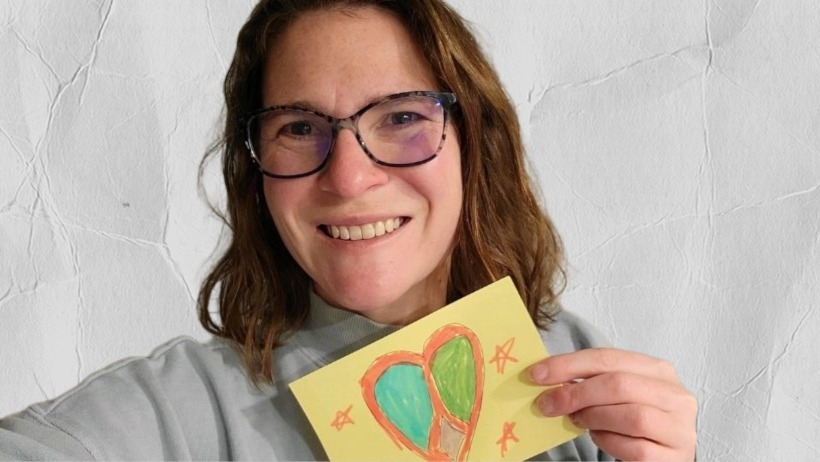What do you do when you see a loved one making a bad or destructive decision? Do you intervene? Do you let it play out? Or when you can see two opposing views among friends, do you take sides? Do you try to remain neutral?

When your heart’s divided, it’s difficult to see the clearest path forward. What I know in the depths of my soul is that when this happens, especially to people who have supported and loved me through the years, I often try to step back as long as possible and stay out of it until I can’t any longer.
This is a lesson that’s tough to learn, and one that Moses finds himself in the middle of in this week’s Torah portions. The Torah we read today is still the same Torah inspired by God and interpreted through Moses, and in our parshah this week we read the final sections of text from the fourth book of the Torah, Bamidbar. Parshiyot Matot and Masei begin with a discussion of the different vows the Israelites might make, and then they detail the requests of the various tribes as they get ready to enter the Promised Land. The chapters end with the final placements of all the tribes as they prepare to divide their land inheritance.
As the Israelites continue on their journey to the land of Israel, they find themselves facing challenges against a multitude of nations along the way. Often, they act as one undivided unit in their attack, led by Moses and guided with clear principles and expected actions. That changes in this portion, though, as the conflict is with the Midianites.
Moses is whom the people look to, and it’s his job to lead the nation he loves deeply in this moment. At the same time, his wife Tzipporah is of the Midianites, and his father-in-law Yitro was a Midianite priest who saved Moses’s sanity when he didn’t know how to delegate. The Midianite people took Moses in when he left Egypt fleeing for his life. Moses finds his heart torn in two and decides to let the other leaders take on this battle. Moses takes a step back; he does not lead the charge. Unfortunately, what ensues is reckless behavior by the Israelites, without care for human life.
This portion is full of strange dichotomies. Moses stood back because his heart was torn, but doing that led to more heartache and violence. He returns to his position and rails at the army as a whole for their unthinkable choice to hurt women and children, innocent and weaponless, but still celebrates the triumph of his nation.
It’s hard to know what the right choice is when you feel torn between two places or people or ideas. However, that doesn’t get you out of making a choice. Moses makes mistakes, as all leaders do, and in this week’s Torah, we learn the hard way what happens when the worst choice is making no choice at all.



